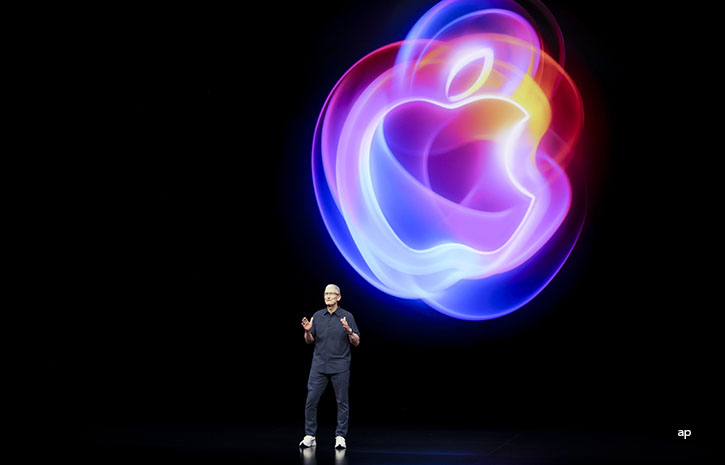Andrew Willis: For many Apple enthusiasts out there, the innovative spirit of Steve Jobs has left the building. But thanks to the surprising success of the latest iPhone and some clever diversification, the home of the Macintosh computer may have once again found its footing.
Apple’s new leaders decided to leverage customer loyalty – from Apple Pay to Apple TV to wearable tech like the Apple Watch and AirPods – and they’ve seen their strategy pay off. Fourth-quarter sales excluding the iPhone grew 17% year over year.
Now, it’s important to note that we still see Apple as overvalued. The price point on the last iPhone was a bit rich – and other competitors took advantage of that. We expect that with an iPhone price reduction and a 5G offering next year, we’ll see Apple regain some ground, but threats from low- to mid- tier Chinese smartphones will remain an existential threat.
However, Apple has a ‘walled garden’ approach that retains customers through an integrated ecosystem of premium physical and digital offerings that is hard to beat. And if the company keeps innovating and encourages iPhone owners to keep upgrading their phones, we expect iPhone sales to grow 6% in 2020.
We’ve decided to increase our fair-value estimate for narrow-moat Apple to $220 U.S. dollars a share from $200 U.S. dollars. We’re optimistic that Apple will continue to innovate in the post-Steve Jobs era, as they embark on new initiatives such as the design of their own proprietary microchips which will boost margins and performance – and the intelligence of Siri.
We like the new leadership at Apple – and although their latest innovations haven’t involved the disruption of physical devices we saw with Steve Jobs, we feel the apple hasn’t fallen far from the tree.
For Morningstar, I’m Andrew Willis.






.jpg)












